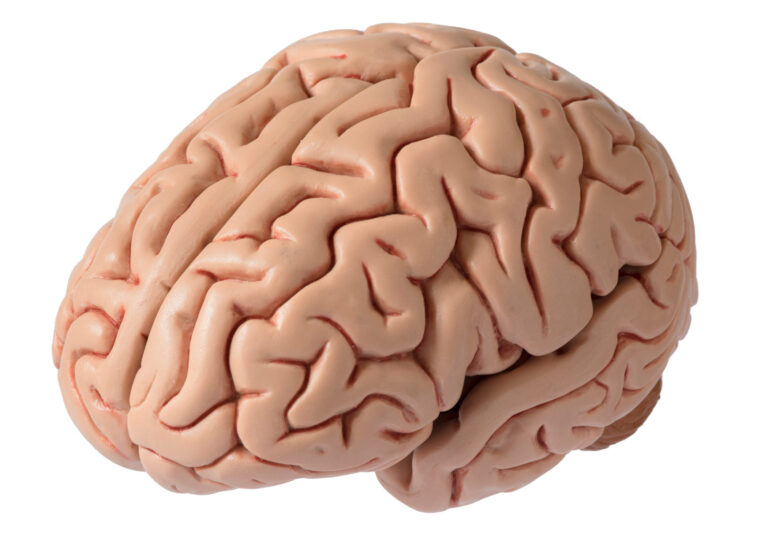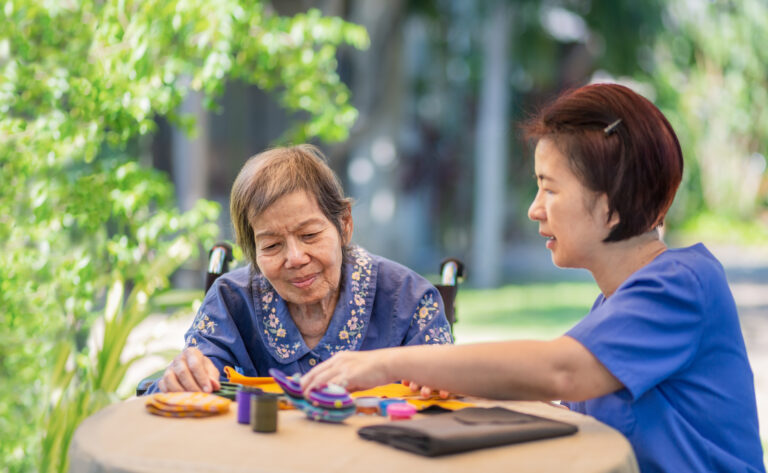Dementia is a neurological disorder that affects millions of people around the world. It is a progressive condition that affects memory, thinking, behavior, and the ability to perform daily tasks. As the population ages, more and more people are living with dementia, making it a global health concern.
One aspect that is often overlooked when it comes to dementia care is the influence of cultural differences. Culture plays a significant role in shaping our beliefs, values, and behaviors. Therefore, it is crucial to understand how cultural differences can impact dementia care approaches.
Cultural differences refer to the various ways in which people from different backgrounds view and perceive the world. These differences can include language, beliefs, customs, traditions, and values. When it comes to dementia care, these cultural differences can greatly influence how individuals with dementia are treated and cared for.
Language Barriers
One of the most apparent ways in which cultural differences can affect dementia care is through language barriers. People from different cultures may have different languages or dialects, making communication challenging. This can lead to misunderstandings and difficulties in providing appropriate care for individuals with dementia.
For example, in some cultures, families prefer to care for their loved ones with dementia at home. In these cases, it is essential to have a caregiver who speaks the same language as the individual with dementia. This not only helps in communication but also creates a sense of familiarity and comfort for the person with dementia.
Beliefs and Stigma
Cultural beliefs and attitudes towards aging and mental health can also greatly influence dementia care. In some cultures, there is a stigma attached to aging and cognitive decline. This stigma can lead to individuals with dementia being isolated or hidden from society. It can also prevent families from seeking help and support for their loved ones.
Moreover, cultural beliefs about the cause of dementia can impact the type of care provided. In some cultures, dementia is seen as a punishment or a curse, and alternative or traditional medicines may be used instead of seeking medical treatment. This can delay or prevent individuals from receiving proper care and support for their condition.
Family Dynamics
In many cultures, the responsibility of caring for a family member with dementia falls on the family and not on professional caregivers. This can lead to challenges in providing appropriate care as families may not have the necessary resources or knowledge about dementia care.
Moreover, cultural norms and expectations within families can also impact how individuals with dementia are treated. For example, in some cultures, it is believed that talking about dementia or seeking help for mental health issues is a sign of weakness. This can lead to individuals with dementia not receiving the care and support they need, as their families may shy away from seeking help.
Preferences and Activities
Cultural differences can also influence the preferences and activities of individuals with dementia. For example, food preferences, religious practices, and daily routines may differ among cultures, and it is essential to consider these differences when providing care. Activities that may be enjoyable or meaningful for one individual may not be suitable for another due to cultural differences.
For instance, music therapy is commonly used in dementia care to stimulate memories and emotions. However, the type of music that is considered soothing or familiar can vary greatly among cultures. Understanding these preferences and incorporating them into care plans can greatly improve the quality of life for individuals with dementia.
Caregiver Training and Support
Lastly, cultural differences can also affect the training and support provided to caregivers. Professional caregivers must be trained to understand and respect different cultures to provide effective care. This includes being aware of cultural customs and beliefs, as well as having the ability to communicate in different languages.
Furthermore, support groups and resources for families and caregivers should also consider cultural differences. These resources should be culturally sensitive and accessible to all, to ensure that individuals with dementia and their families receive the necessary support and guidance.
In conclusion, it is clear that cultural differences have a significant impact on dementia care approaches. It is crucial for caregivers and healthcare professionals to recognize and understand these differences to provide appropriate care for individuals with dementia. By integrating cultural sensitivity into dementia care, we can ensure that individuals with this condition receive the best possible care and support, regardless of their cultural background.




